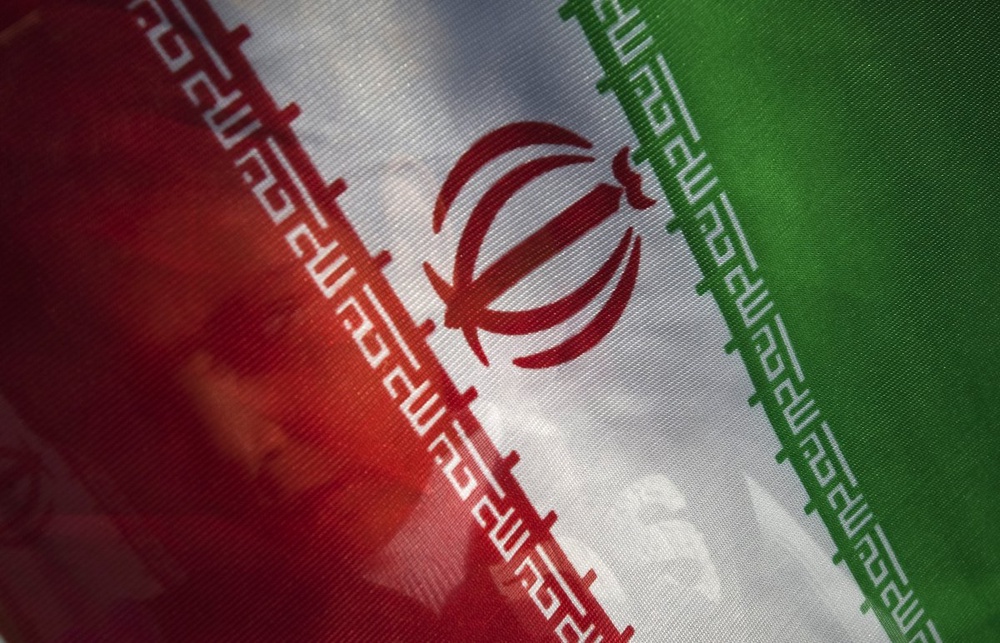
Experts Monday downplayed hopes of any breakthrough in upcoming nuclear talks with Iran, cautioning that progress is unlikely before Iranian elections or while the Syrian conflict rages, AFP reports. Negotiators from Iran and the five world powers are due to meet in Almaty, Kazakhstan, on Friday and Saturday for a new round of talks on the Islamic Republic's nuclear program. But former EU foreign policy chief, Javier Solana, who was the West's main negotiator with Iran from 2003 to 2009, cautioned the Iranian leadership is preoccupied by the looming presidential elections in June. "It will be very difficult to get something going before those elections," he told a debate at the Brookings Institution think-tank. Iranian negotiator Saeed Jalili will attend the new talks with counterparts from the P5+1 group of Britain, China, France, Germany, Russia and the United States arranged at the last meeting in the Kazakh capital in February. But Solana said Jalili "doesn't have to my mind the capacity to negotiate." "He's just somebody who will tell you what he has received, he doesn't have the flexibility to go into real negotiations," Solana said, stressing that supreme leader Ayatollah Ali Khamenei is the man pulling the strings. "I think it is really unrealistic to think that there would be some kind of breakthrough in these talks," agreed Gary Samore, who has just stepped down as the White House coordinator for arms control and weapons of mass destruction. "There's just a fundamental difference among the parties on what the objective of the negotiations are." The West suspects Iran of trying to develop a nuclear bomb, and has demanded it halt sensitive uranium enrichment in return for an easing of the tough UN sanctions which are crippling the Iranian economy. Iran rejects the allegations and demands the right to develop a civilian nuclear program for peaceful energy needs, much as other powers such as Brazil. "The second big problem we have is Syria. I don't think it will be possible to move on Tehran without solving Syria," said Solana, highlighting the close military ties between the two neighbors. The eventual collapse of the regime of Syrian President Bashar al-Assad would perhaps open the way for a deal, as the Iranian leadership could feel itself even more isolated in the region, said Samore. Both men agreed that for the time being though Iran and the West had an interest in pursuing diplomatic negotiations, even if all they agree to do is to keep talking. The danger remains that the longer the diplomatic dance goes on the more Iran will be able to increase its number of centrifuges enabling it to reach a breakout capacity, and swiftly produce enough highly-enriched uranium for a bomb. That eventuality seems to be about two years away, the experts said.





Experts Monday downplayed hopes of any breakthrough in upcoming nuclear talks with Iran, cautioning that progress is unlikely before Iranian elections or while the Syrian conflict rages, AFP reports.
Negotiators from Iran and the five world powers are due to meet in Almaty, Kazakhstan, on Friday and Saturday for a new round of talks on the Islamic Republic's nuclear program.
But former EU foreign policy chief, Javier Solana, who was the West's main negotiator with Iran from 2003 to 2009, cautioned the Iranian leadership is preoccupied by the looming presidential elections in June.
"It will be very difficult to get something going before those elections," he told a debate at the Brookings Institution think-tank.
Iranian negotiator Saeed Jalili will attend the new talks with counterparts from the P5+1 group of Britain, China, France, Germany, Russia and the United States arranged at the last meeting in the Kazakh capital in February.
But Solana said Jalili "doesn't have to my mind the capacity to negotiate."
"He's just somebody who will tell you what he has received, he doesn't have the flexibility to go into real negotiations," Solana said, stressing that supreme leader Ayatollah Ali Khamenei is the man pulling the strings.
"I think it is really unrealistic to think that there would be some kind of breakthrough in these talks," agreed Gary Samore, who has just stepped down as the White House coordinator for arms control and weapons of mass destruction.
"There's just a fundamental difference among the parties on what the objective of the negotiations are."
The West suspects Iran of trying to develop a nuclear bomb, and has demanded it halt sensitive uranium enrichment in return for an easing of the tough UN sanctions which are crippling the Iranian economy.
Iran rejects the allegations and demands the right to develop a civilian nuclear program for peaceful energy needs, much as other powers such as Brazil.
"The second big problem we have is Syria. I don't think it will be possible to move on Tehran without solving Syria," said Solana, highlighting the close military ties between the two neighbors.
The eventual collapse of the regime of Syrian President Bashar al-Assad would perhaps open the way for a deal, as the Iranian leadership could feel itself even more isolated in the region, said Samore.
Both men agreed that for the time being though Iran and the West had an interest in pursuing diplomatic negotiations, even if all they agree to do is to keep talking.
The danger remains that the longer the diplomatic dance goes on the more Iran will be able to increase its number of centrifuges enabling it to reach a breakout capacity, and swiftly produce enough highly-enriched uranium for a bomb. That eventuality seems to be about two years away, the experts said.

 +7 (777) 001 44 99
+7 (777) 001 44 99















































